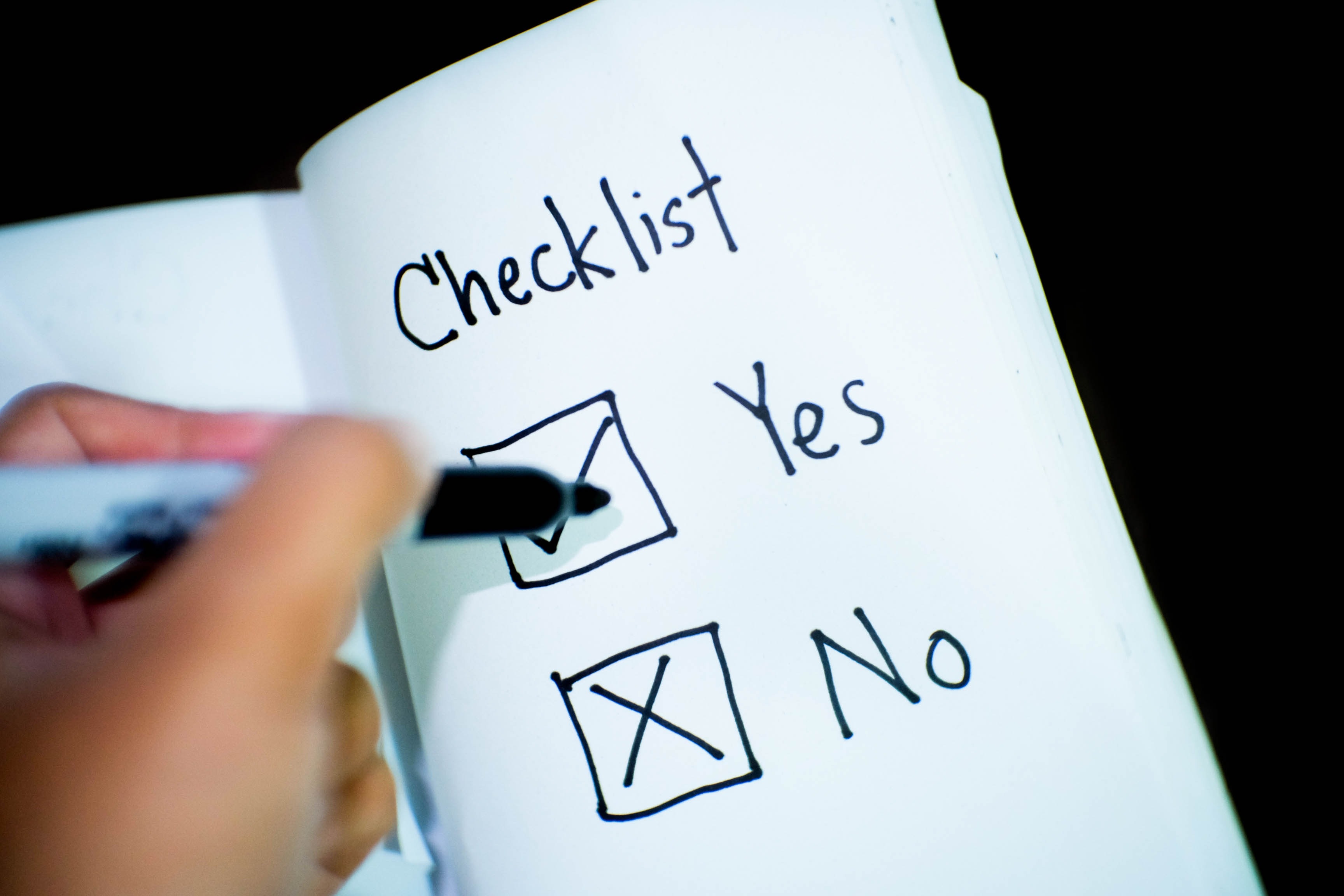Why personality matters:
Well, this is as simple as to know your personality preferences. One of the preferences used in more assessments is Introversion, Extroversion, and Ambivert.
What is personality preference? Let me put it this way: What hand is it naturally and easily for you to write with?
Based on this we can divide people into Introvert, Extrovert, and Ambivert personality preferences. These are not related to social skills, instead, this is about how to direct and receive energy.
One million dollars
Ambiverts pull in 24% more revenue than introverts, and 32% more revenue than extroverts, based on studies done by the University of Pennsylvania. They make between $28,000 to $35,000 more yearly. Calculate how much that is in 45 years of career.
But with the majority of the population misunderstanding what each personality preference means and how to act according to their type, the exposure to video conferences, meetings, and networking can be… well, based on your preference, a total nightmare, or a happy place.
INTROVERTS
- They recharge energy by being introspective.
- If you want to know what they think, you need to ask.
- They have the peculiarity that they can come up as extroverts when they talk about a topic they know well.
- A time of silence for an introvert is a treasure.
- They think before putting ideas out.
EXTROVERTS
- They need to put the ideas out.
- They enjoy interruption and interactions.
- Silence for an extrovert is a space to be filled.
- They are gregarious (social).
- If you want to know what they think, you just need to listen.
- After a hard day, they will choose to recharge energy by being with others.
AMBIVERTS
- They are more flexible, They know how to play the game
- They’re more emotionally stable.
- Ambiverts are intuitive.
- They’re more influential.
- They make better salespeople.
Personalities in Isolation
If you are an introvert, make sure your meetings are not set one right after another. Set your calendar in a way it gives you “me time” for at least 15 minutes in between meetings so you can be ready for the next one. Space your meetings on the five days of the week, you will be more productive having 3 to 4 meetings a day than 9 to 5. Book yourself time to take a walk or some alone time before you get back to family gatherings or calling friends.
If you are an extrovert then maybe you crave human interaction, which gets worse if you live by yourself. Make sure you are not “overbooking” meetings, not all your clients, co-workers, or friends need to be on a video call. Try to ask the person you are meeting how much video interaction they need or want and keep your social intro on a meeting to the right amount of time depending on the other person or people to maintain a balance as extroverts can be seen as overwhelming.
Why did the Ambivert come first?
The term Ambivert was first coined in 1947 by psychologist Hans Eysenck. They are considered to be middle-ground people. It is estimated that around 60% of the population is Introvert / Ambivert. They can easily adapt, they tend to be managers, lawyers, and sales reps.
Daniel K. Pink wrote: “Ambiverts know when to speak up and when to shut up, when to inspect and when to respond, when to push and when to hold back.”
So, what do you think is your preference? Next time I’ll tell you how each personality works in sales and why.
Stay safe. Susan XoXo








